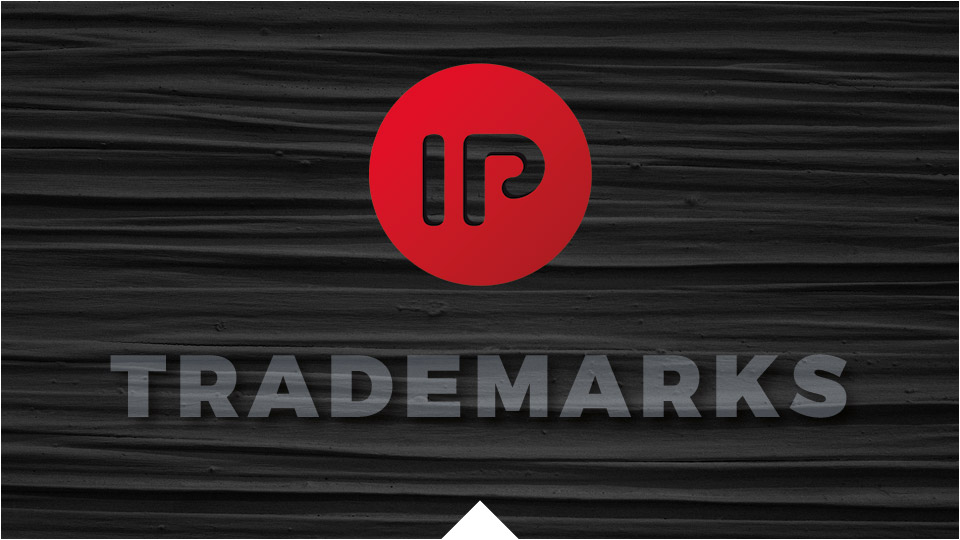The Nice Classification, used by most of countries worldwide, categorizes all products and services into 45 classes—34 for products and 11 for services. It is a fundamental tool of the International trademark system.
However, an important clarification is necessary: the Nice Classification is an administrative structure, not a legal standard for determining the similarity between products or services.
Similarity is a key concept in trademark disputes. The aim is to determine whether the products or services covered by two trademarks are so similar that they could lead to confusion among consumers. If the products or services are not identical or similar, there can be no risk of confusion, and thus no infringement of a prior trademark. Products are considered similar if they share the same nature, function, purpose, distribution channels, or places of manufacture.
Nice Classification and Similarity: 2 Common Mistakes
Mistake No.1: Assuming that being in the same class means similarity
Many applicants mistakenly believe that products or services belonging to the same class are always considered similar. However, some classes are far from being homogeneous and gather products or services that only have a distant connection and are never considered similar. For instance, dietary supplements are not similar to fungicides, even though both fall under class 5; in the same way, mobile applications are not similar to glasses in class 9, and sales services and accounting services, which both fall under class 35, are not considered similar.
Mistake No.2: Ignoring similarity between different classes
Conversely, products or services belonging to different classes can be similar: for example, software or mobile applications in class 9 will be considered as similar to IT development services (class 42), software sales services (class 35), or software publishing services (class 41).
Conclusion: Optimize the protection and defence of your trademark by consulting a trademark law professional.
Whether you are filing a new application or facing a dispute, INSCRIPTA can provide the necessary advice to ensure that the protection of your trademark aligns with your business objectives.
© INSCRIPTA


